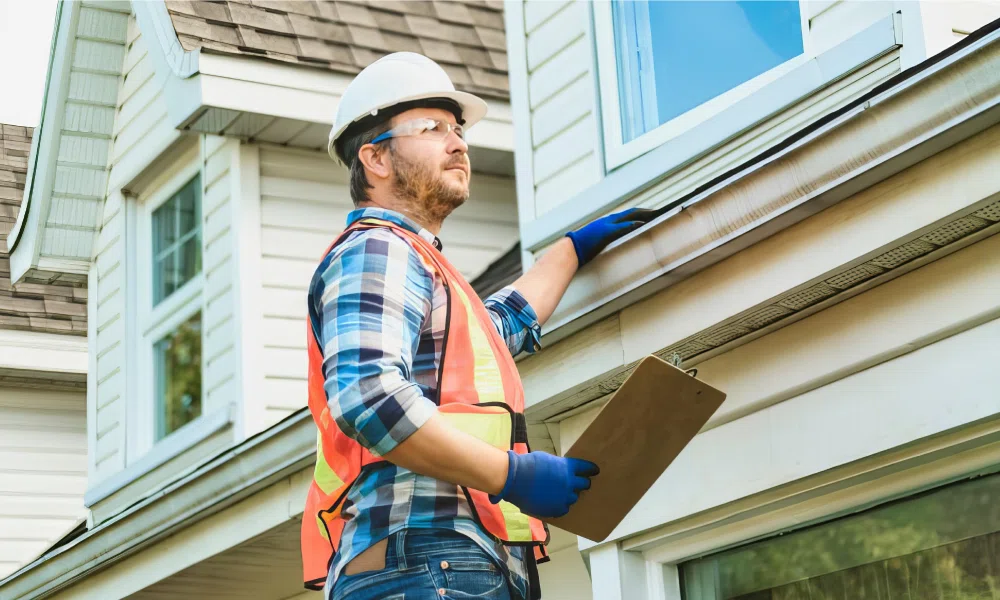A building inspection is when an expert examines a building to check if it’s safe and working well. They examine the walls, roofs, floors, and systems that keep the building running. The inspector writes down what they find and tells you if anything needs to be fixed. Building inspections help find problems before they get big and expensive. They can spot issues that you might not see on your own.
Building inspections – How often
- For new buildings
You should get an inspection immediately if you just built a new home or business. This helps ensure everything is built correctly. After that, if everything seems right, you might only need another full inspection for a few years.
- For older buildings
Older buildings need more frequent inspections. If your building is over ten years old, you should get an inspection every 2-3 years. This helps catch problems that come with age before they get worse.
- When buying or selling a building
If you’re buying a building, always get an inspection before you buy. This tells you if there are any hidden problems. If you’re selling, getting an inspection can help you fix issues before putting the building on the market.
- After bad weather
Big storms, floods, or earthquakes can damage buildings. Even if you don’t see any obvious damage, it’s a good idea to get an inspection after any major weather event.
- If you notice problems
Don’t wait for a scheduled inspection if you see signs of trouble. Cracks in walls, leaky roofs, or doors that won’t close properly are reasons to call an inspector right away.
- For rental properties
If you own a building that you rent out, you should get it inspected more often—once a year is a good rule. This will keep your tenants safe and help you avoid legal problems.
- For commercial buildings
Buildings used for business often need more frequent inspections. This is because they are used more and must follow more rules. Many experts say commercial buildings should be inspected every year.
What happens during a building inspection?
- Look at the outside of the building, including the roof, walls, and foundation.
- Check inside for any signs of damage or wear.
- Test things like electrical systems, plumbing, and heating.
- Look for any safety hazards.
- Check that the building meets local rules and laws.
Prepare for a building inspection
- Clean up the building so the inspector can see everything easily.
- Fix any minor problems you already know about.
- Get together any papers about your work on the building.
- Be ready to tell the inspector about any concerns you have.
Benefits of regular building inspections
- You can fix minor problems before they become expensive.
- It can help you plan and budget for future repairs.
- Regular inspections can help your building last longer. For building inspections in Sydney check vitalbuildinginspection.com.au/pricing/.
New buildings only need one every few years, while older ones or those used for business might need yearly checks. Keeping your building healthy is the most important thing you can do for it. Regular inspections can save money, keep people safe, and help your building last longer. If you need to know when your next inspection should be, talk to a local expert.




